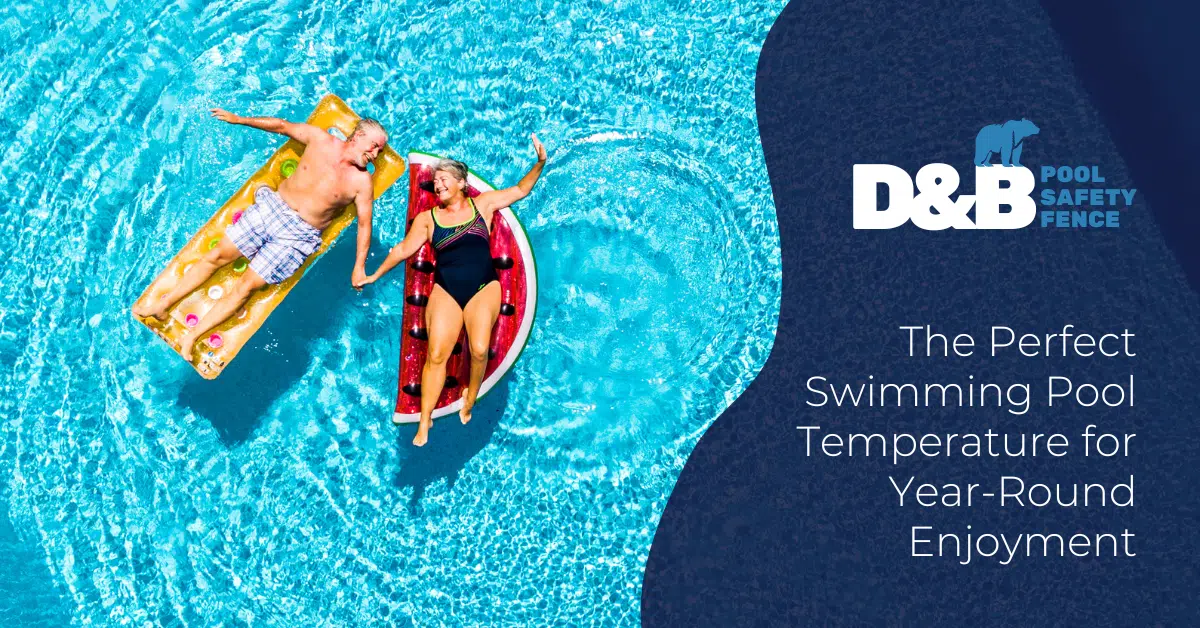Significance of Maintaining the Optimal Swimming Pool Temperature
Maintaining the perfect swimming pool temperature is essential for ensuring a delightful swimming experience throughout the year. Whether it’s for leisure or exercise, the swimming pool temperature plays a vital role in creating a comfortable environment for swimmers. It directly impacts the overall enjoyment and usability of the pool, making it crucial to understand and regulate. By achieving the ideal pool temp for swimming, individuals can maximize their pleasure and benefit from their pool investment.
Swimming Health Benefits
Physical Benefits
- Engaging in regular swimming not only provides an enjoyable way to stay active and offers numerous physical health benefits. As a low-impact exercise, swimming is gentle on the joints, making it an excellent choice for individuals with joint pain or mobility issues. Swimming pool temperature plays a crucial role in enhancing these benefits. Water temperature can affect muscle relaxation and recovery after physical activity. By maintaining the perfect pool temperature, swimmers can optimize their cardiovascular health and improve muscle strength and flexibility.
Mental Benefits
- In addition to its physical advantages, swimming also contributes significantly to mental well-being. The soothing nature of water combined with the rhythmic movements involved in swimming can effectively reduce stress and anxiety levels. The warm and comforting environment of a heated swimming pool can further enhance this experience, promoting relaxation and improving overall mood. With these mental health benefits in mind, maintaining an optimal swimming pool temperature becomes essential for creating a tranquil and rejuvenating swimming environment.
Temperature Regulation Factors
Climate Considerations
When it comes to pool temperature regulation, external climate factors play a significant role. The outdoor temperature directly impacts the pool’s ability to retain heat, affecting the overall water temperature. In colder climates, maintaining the optimal pool water temperature becomes more challenging. Temperature regulation requires efficient heating systems to counteract the external cold. Humidity levels also influence the perceived water temperature. So, consider both air and water conditions when regulating the pool’s heat.
Insulation and Covering
Proper insulation and high-quality pool covers are indispensable for effective pool temperature regulation. Insulation helps minimize heat loss, ensuring that the desired water temperature is maintained consistently. Pool covers not only prevent debris from entering the pool but also act as a barrier against heat loss due to evaporation. Understanding how wind and sun exposure impact heat retention is crucial for implementing effective temperature regulation strategies. By considering these factors, pool owners can optimize energy efficiency while maintaining an enjoyable swimming environment throughout the year.
Heated Pool Maintenance
Heating Systems
When it comes to maintaining a heated swimming pool, the choice of heating system can significantly impact the efficiency of regulating the pool temperature. There are various options available, including gas heaters, electric heat pumps, and solar heating systems. Each type of heater comes with its own set of advantages and considerations. Gas heaters, for instance, provide fast heating capabilities, making them ideal for quickly raising the pool temperature. Electric heat pumps are known for their energy efficiency and cost-effectiveness in the long run. Solar heating systems harness renewable energy from the sun. This offers an environmentally friendly approach to heating pool water. Regular maintenance of these heating systems is essential to ensure optimal performance and longevity.
Cost Considerations
Understanding the energy costs associated with maintaining a heated swimming pool is crucial for effective budgeting and sustainability. Heating a pool can contribute significantly to overall energy expenses, especially during colder months or in regions with extended periods of cooler weather. Exploring eco-friendly heating options such as solar heaters or heat pumps can not only reduce environmental impact but also lead to substantial cost savings over time. By investing in efficient heating systems and considering sustainable alternatives, pool owners can enjoy the benefits of a comfortably heated pool while minimizing their environmental footprint.
Optimal Swimming Pool Temperature
Health and Comfort
Maintaining the optimal pool water temperature is essential to ensure the comfort and well-being of swimmers. The ideal temperature for pool temperature regulation can vary depending on individual preferences and health considerations. Warmer water, typically around 84-86 degrees Fahrenheit, promotes relaxation and muscle flexibility. This makes it an excellent choice for leisurely swims and therapeutic activities. On the other hand, cooler temperatures, around 78-82 degrees Fahrenheit, may be more suitable for vigorous exercise and competitive swimming. Cooler water prevents overheating and promotes endurance.
Understanding the impact of different temperatures on swimming performance is crucial when determining the optimal pool water temperature. It’s important to find a balance that caters to both comfort and physical activity, allowing swimmers to enjoy a range of activities while maintaining their well-being.
Environmental Considerations
When considering the optimal pool water temperature, it’s essential to balance energy efficiency with comfort. By utilizing energy-efficient heating systems and implementing sustainable practices such as solar heating or thermal covers, pool owners can minimize environmental impact while ensuring an enjoyable swimming experience. Additionally, exploring innovative technologies like heat exchangers or geothermal heating can further enhance energy efficiency without compromising the desired water temperature.
Achieving the Perfect Swimming Pool Temperature
Maintaining the optimal swimming pool temperature is a multifaceted endeavor that greatly enhances the overall swimming experience. By understanding and addressing the various factors that contribute to the perfect pool temperature, individuals can ensure year-round enjoyment of their pool. From considering climate influences to selecting efficient heating systems, each aspect plays a crucial role in achieving the ideal pool temp for swimming. Whether it’s for physical exercise or leisurely relaxation, finding the perfect balance of warmth and comfort is essential for maximizing the benefits of owning a swimming pool.
See Also
Top 10 Pool Safety Tips Every Homeowner Should Know
Winter Pool Maintenance In Florida
A Guide to Pool Pump Operation, Maintenance, and Optimization for Florida Homeowners






